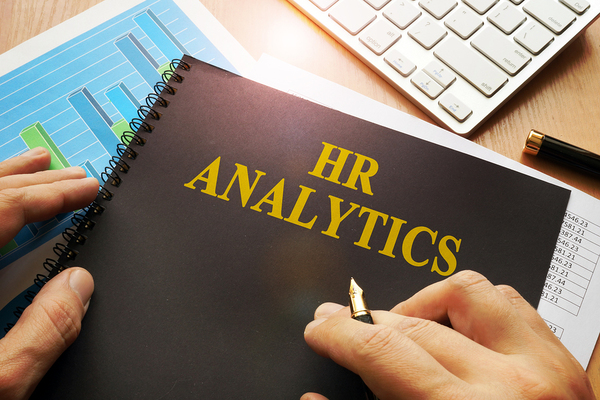HR Analytics Can Facilitate Success Even with Remote Teams

Remote teams can function more successfully when they use HR analytics.
HR Analytics are data collected about the hiring process and employees. A more familiar term for HR analytics might be people analytics or workforce analytics. Applying HR analytics to remote teams can be a challenge for many companies, but it is not only possible to use analytics with remote workers, but it can also facilitate greater success for both the team and the company as a whole.
The first place to look when using analytics with remote teams is at the tools the team uses on a regular basis. Many platforms have built-in analytics that can be harnessed to show whether workers are completing tasks in the proper time frame, how they collaborate together, and any number of other data points that illuminate remote performance.
Choosing tools that provide the HR analytics you need is a good first step when forming a team. If your team has already formed, however, you can transition them to a different tool or tools if you need to, but it will take a bit more time and effort.
The Impossibility of Micromanaging
The temptation when considering technology tools with remote workers is to implement tools that will monitor and track every move of the employee. How else will managers know that their workers are really at home working?
That kind of micromanaging can be counterproductive, however. No one wants to be watched like a hawk. In fact, it’s a huge distraction for many employees if they think they are being closely monitored for mistakes or to see if they’re really working.
It’s better to let employees know that you will be tracking just one or two key metrics and let go of a carefully orchestrated monitoring effort. In fact, basing performance data on outcomes rather than work performed is a far more effective strategy with remote workers than trying to monitor everything about their work.

HR analytics can inform the management of remote teams.
Focusing on Outcomes
Outcome-based metrics are certainly not new; salespeople have their performance largely measured by the number of products or services they sell or leads they generate and writers by the number of words (or articles) they write.
In a sense, it doesn’t matter how long it takes remote workers to get their work done. That’s up to them. As long as they achieve the desired outcome in a satisfactory manner, their work could be seen as successful.
Assessments Help Remote Workers See How They Fit In
Other types of data can also be useful for remote workers, like the data that can be obtained with cognitive and behavioral assessments. Unlike performance data, these assessments generate HR data that can improve the way workers perform their duties and give everyone involved more insight into the remote worker’s skills and traits.
Especially when workers can’t get to know each other face to face, having data about their skills and traits that they can share with team members could help the team mesh better and understand each other more deeply than just what they see over Slack or email.
Narish uses assessments to build higher performing teams. We can help your remote teams improve.


